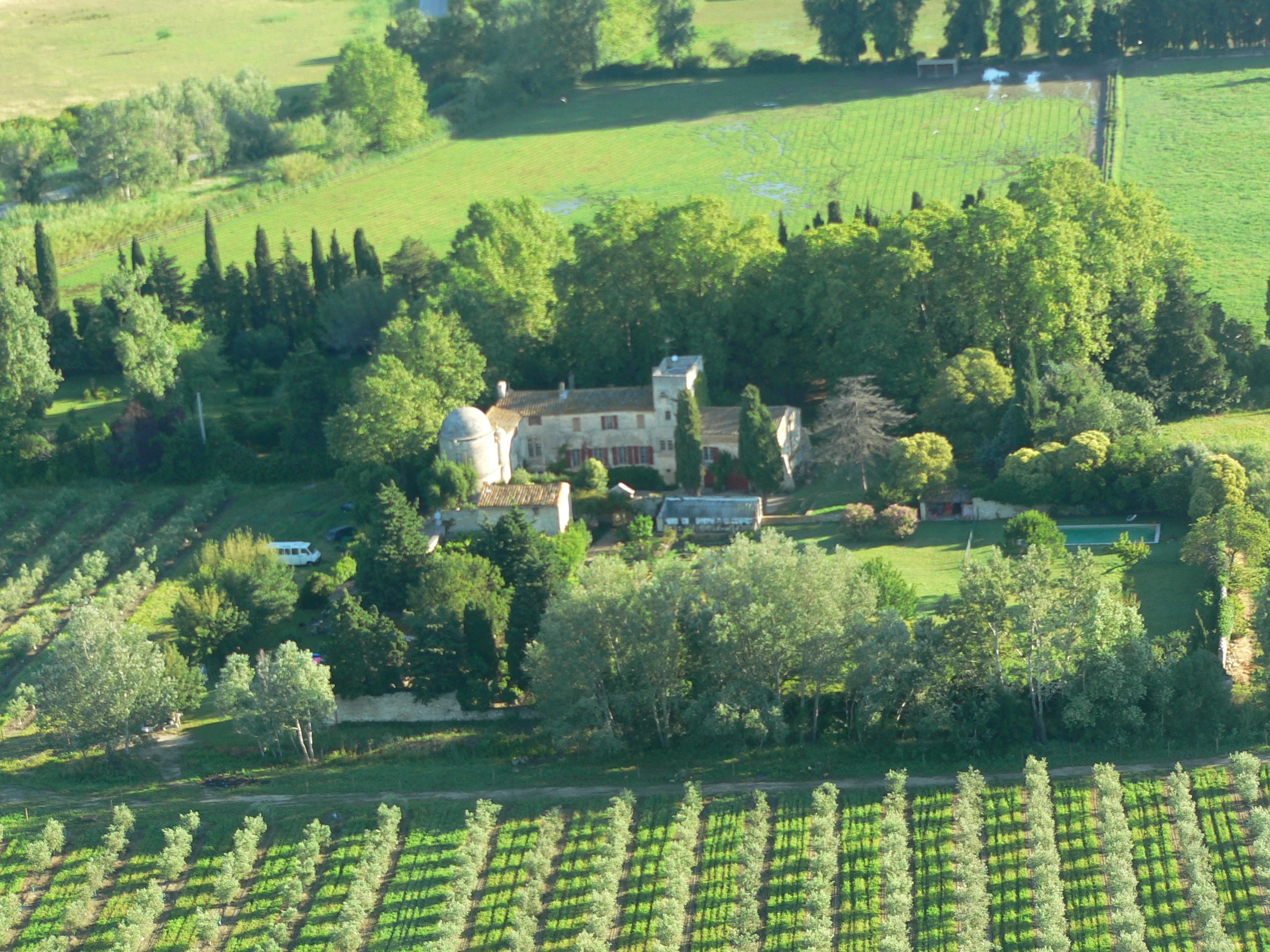
Château de Panisse
Château de Panisse is located in Provence – South of France. The two beautiful towers of the old 15th-century castle overlook the 15 hectares of olive groves that surround it. In the thirties, Antoine de Saint-Exupéry, Mermoz, Giono and Pagnol would frequent the castle, the latter using the name Panisse for one of his famous characters.
The soil on which the olive trees grow, their airy implantation and the nature of the varieties of olives they produce qualify the olive oils Fruité Vert and Noir d’Olives Maturées as protected designation of origin “Appellation Huile d’Olive de Provence Protégée”.
Olive OILAOP Provence
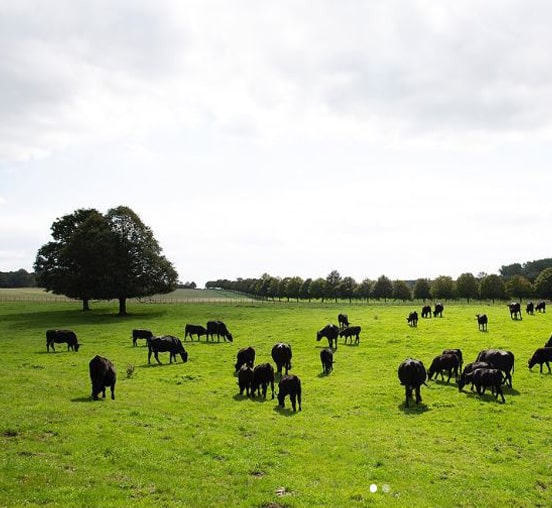
HG Walter
HG Walter are an independent family-run butcher, committed to changing the way people eat meat. Established in 1972 by Peter Heanen, they have become one of London’s most respected butchers, supplying some of the best chefs, restaurants and loyal customers with the very best of British meat, rating highly in provenance, welfare, and flavour.
Their meat is predominantly sourced from small farms rearing free-range native breeds. These native breeds, such as Hereford and Aberdeen Angus cattle and Hampshire Duroc pigs, are known for yielding the best meat in the world, their natural diets and slow growth producing excellent marbling and fat content, allowing a superior depth of flavour.
Sustainability is also a priority among their farmers – livestock on these farms contribute to a biodiverse landscape contrary to the destructive nature associated with much larger scale farms.
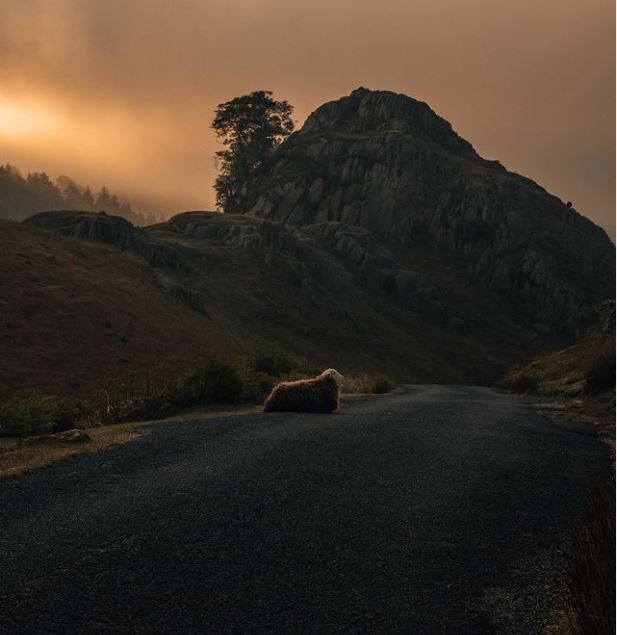
Lake District Farmers
Lake District Farmers work with over 50 Cumbrian farms. With a strong team around them, Dan, Hayden and Sales Director, Russell Dodd, are able to continue to nurture the relationships they have established with the LDF farmers and their animals.
These relationships have been, and still are, crucial in enabling LDF to become synonymous with producing some of the best quality, breed specific meat available. With quality being the LDF byword, it has been crucial to scale up the business slowly so that the core elements of the LDF ethos are not lost. This has been key in enabling the company to develop a customer portfolio that includes some of the UK’s best chefs, restauranteurs and hotels.
LDF remains closely connected to the people and landscape that produce, rear and raise their stock, being alongside them every step of the way. This ensures that the LDF team unequivocally understand the level of passion, patience and good solid hard work that goes into creating a second-to-none product. This connection and dedication to their farmers enables LDF to play a major part in protecting a long-standing way of life that is becoming increasingly rare, whilst supplying top quality produce to top quality customers – the perfect equation to protect and preserve traditional fell farming for generations to come.
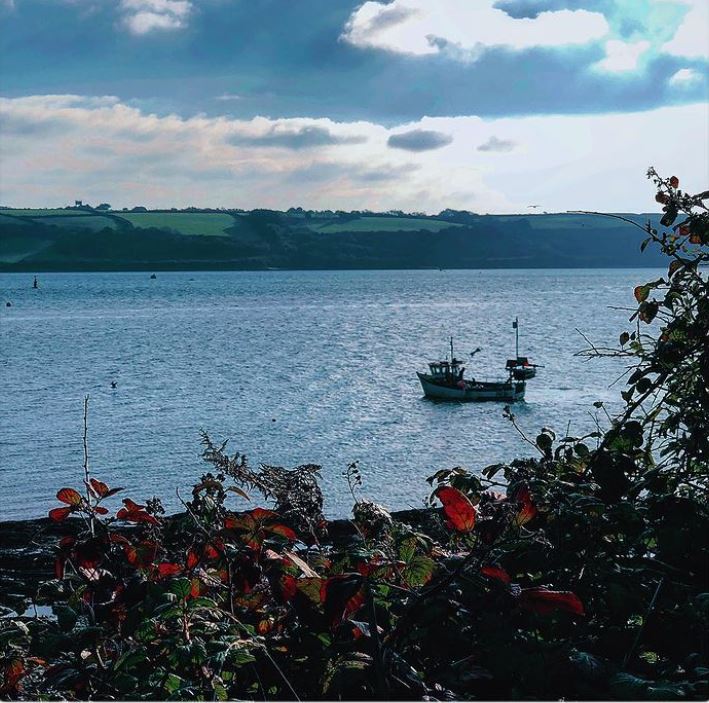
Flying Fish
We are lucky to have access to the richest and most varied fish and shellfish stocks in the UK, if not the world, right here on our doorstep. Flying Fish suppliers use their specialist local knowledge, skill and hard graft to bring us beautiful fish from the ship to our restaurant in 48 hours, or less.
The Atlantic supplies wild fish all year round, so Flying Fish choose the best of what’s in season. They want our children’s children to enjoy the ample stocks of seafood we have now, so they buy from day boats run by responsible fishermen only.
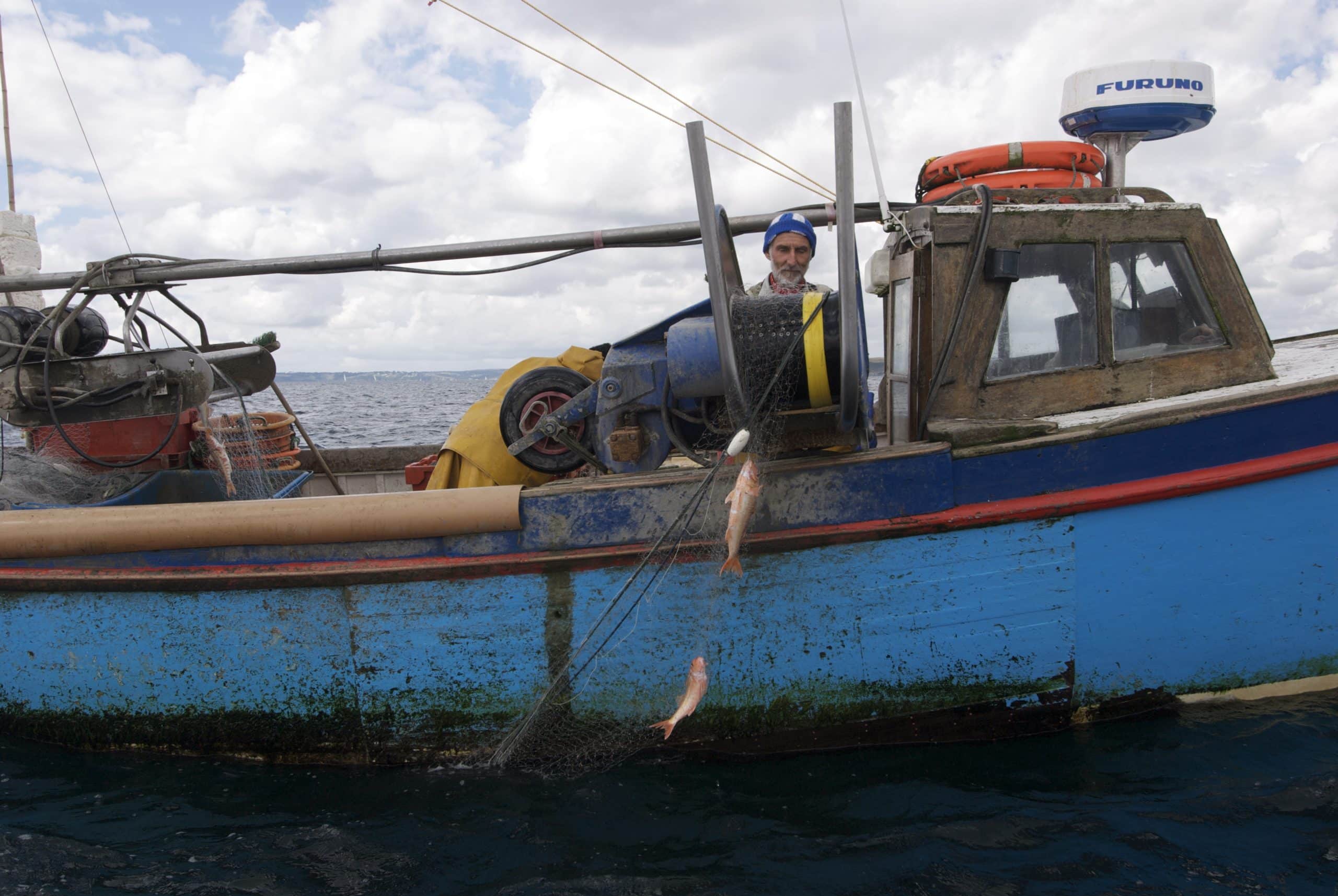
Kernow Sashimi
Kernow Sashimi are based in Cornwall in the stunning sea side town of Truro on the south west coast of the UK.
This small family business set up by Chris bean has spent over 30 years of fishing and being an advisor for the United Nations World Food Program.
Chris and his son Dylan specialise in top quality sustainable fish, landed by small day boats from Helford, Coverack and Cadgwith. the fishing area is called “Old Wall” and “Bizzies” on the Cornish coast, based in Helford which is just shy of a 7 hour drive from London.
Static nets and large meshes ensure fishing practices are kind to the sea habitat, so catching just mature fish, which allows them time to breed, which creates a sustainable future for fishing. Kernow Sashimi supply maybe the best fish in the country, and working with a supplier who is so dedicated and passionate is what we love.
The catch changes every day, and when Lady Hamilton is back on dry land, Dylan contacts us to confirm the fish of the day. The fish is put on ice to stay as fresh as possible and delivered to us in less than 12 hours.
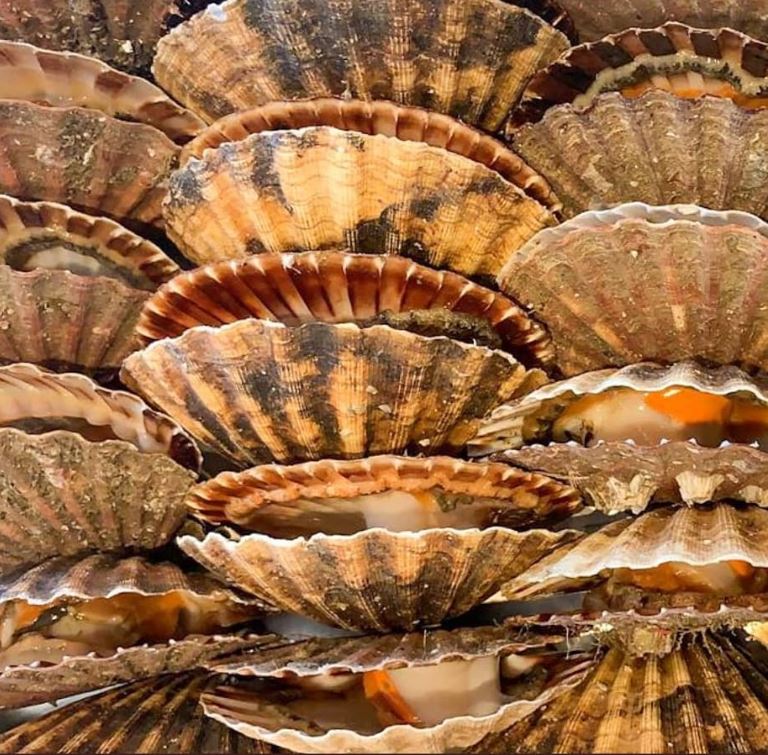
Keltic Seafare
Keltic Seafare, have been established since 1992 and steadily grown to become Scotland’s Number One Live Shellfish Supplier.
I have been using them since 1995 and their dedicated and hardy fishermen strive to bring us the best the seas can offer, whatever the weather. They supply hand-dived scallops, creel caught langoustine and native lobster, all sourced daily in fresh pristine Scottish waters, in crystal clear ‘Class A’ waters off the North-West Highland Coast of Scotland.
Once produce arrives at the processing plant in Dingwall, North of Inverness. They are transported directly to us in London on the overnight train within 24 hours of being caught. With a prestigious customer base – quality is always paramount!
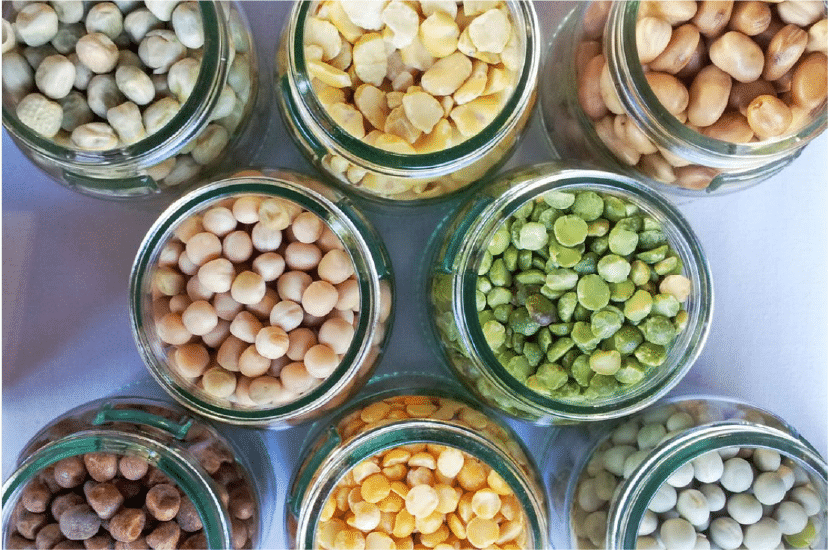
Hodmedods
Hodmedod is a company based in Suffolk in the small charming town of Beccles. The name reflects the words East Anglian background and represents part of the forgotten heritage of the indigenous pulse, grains and beans.
They work with amazing organic farmers around East Anglia, all promoting sustainability with organic growing, supplying a whole host of grains and pulses. Many of the farms that are supplying Hodmedods are in and around Norfolk. Nick Saltmarsh, Josiah Meldrum and William Hudson founded Hodmedod in 2012 to supply beans and other products from British farms. They work with British farms to source a range of top quality ingredients, being particularly interested in searching out less well-known foods, like the fava bean grown in Britain since the Iron Age but now almost forgotten and black badger peas.
They supply us with a range of pulses & grains to make our beautiful sourdough bread as well.
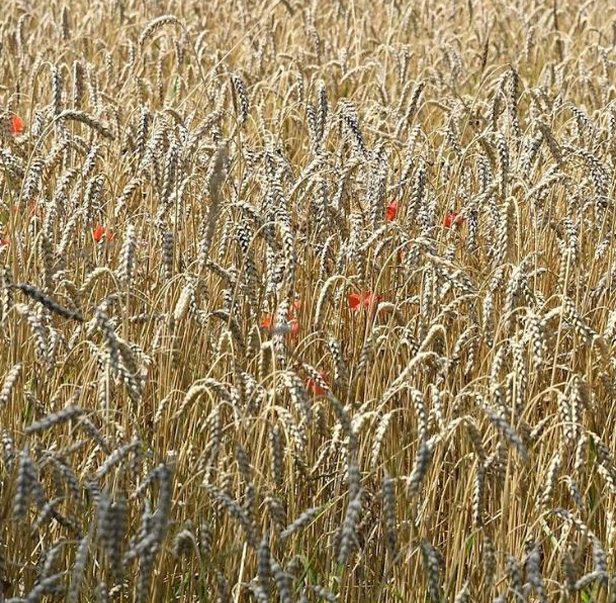
Shipton Mill
Set in a beautiful Cotswold valley near Tetbury, the mill in Shipton Moyne Wood has been producing flour since the time of the Domesday Book.
Today it produces a wide variety of speciality flours, using both traditional grain and traditional methods. The grain ground at Shipton Mill provides flours that are unsurpassed in texture and flavour and have built a well-earned reputation among professional, artisan and home-bakers all over the country.
Shipton Mill source exceptional grains, both home-grown varieties (such as Maris Widgeon) and offerings from agricultural lands all around the world. It is with Shipton Mill that we are able to produce the most incerdible sourdough for all our guests at Muse.
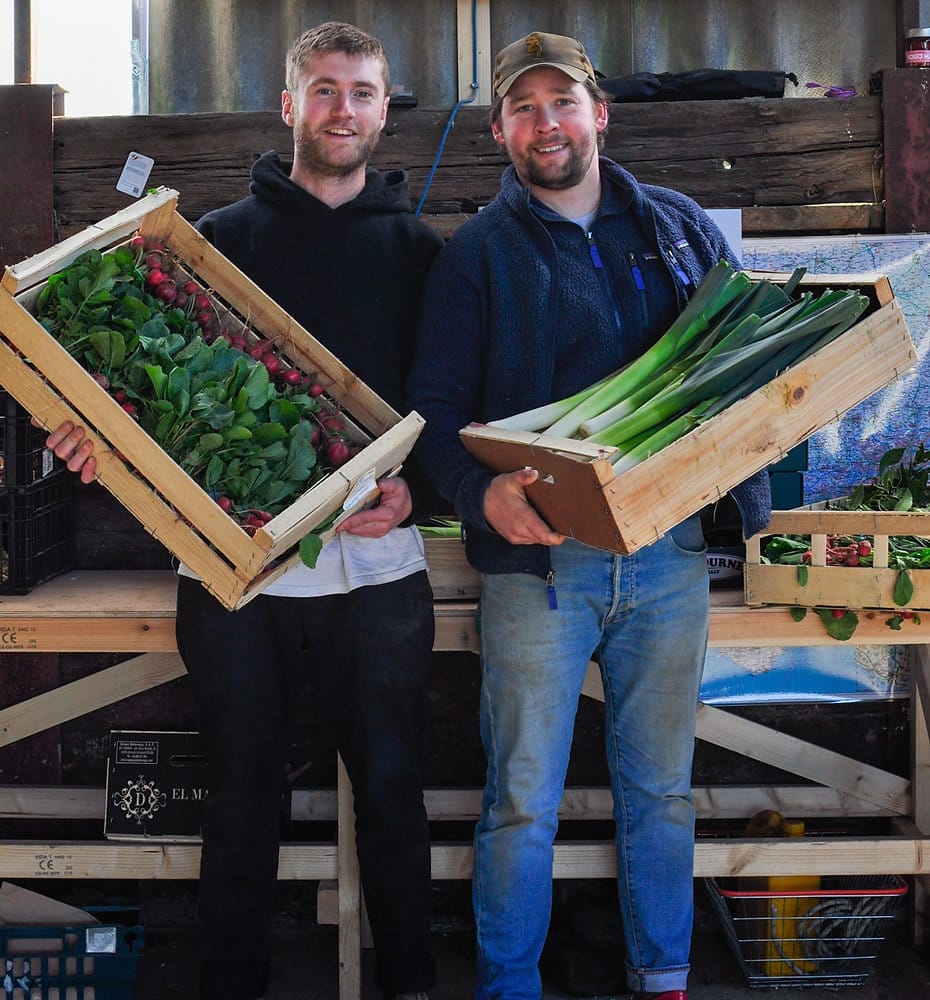
Shrub
Harry and Sam started Shrub in 2020 during the COVID-19 Pandemic. Prior to Shrub, they had worked in high pressure professional kitchens, organic permaculture farms and food-chain logistics. In their time working within these industries, they identified the desire from fellow chefs to get as close to their food as possible. Equally, small, new and emerging organic farms were in need of a larger, more economically viable market to sell from.
While the restaurant and wholesale industries were dormant, Shrub was born. There is a growing demand for complete transparency and integrity in the supply chains, not just for our health, our natural world and wild places, but also our local economies, cultures and a secure food future.
Shrub facilitates the relationships between producers and chefs in a modern way, with a nod to the past. Now working with over 45 farms producing seasonally grown produce from farms like Brambletye, mainly a biodynamic orchard grower, apples, pears, and soft fruits. Aweside Farm produce edible flowers, herbs & speciality leaves from a plot of land in Sussex.
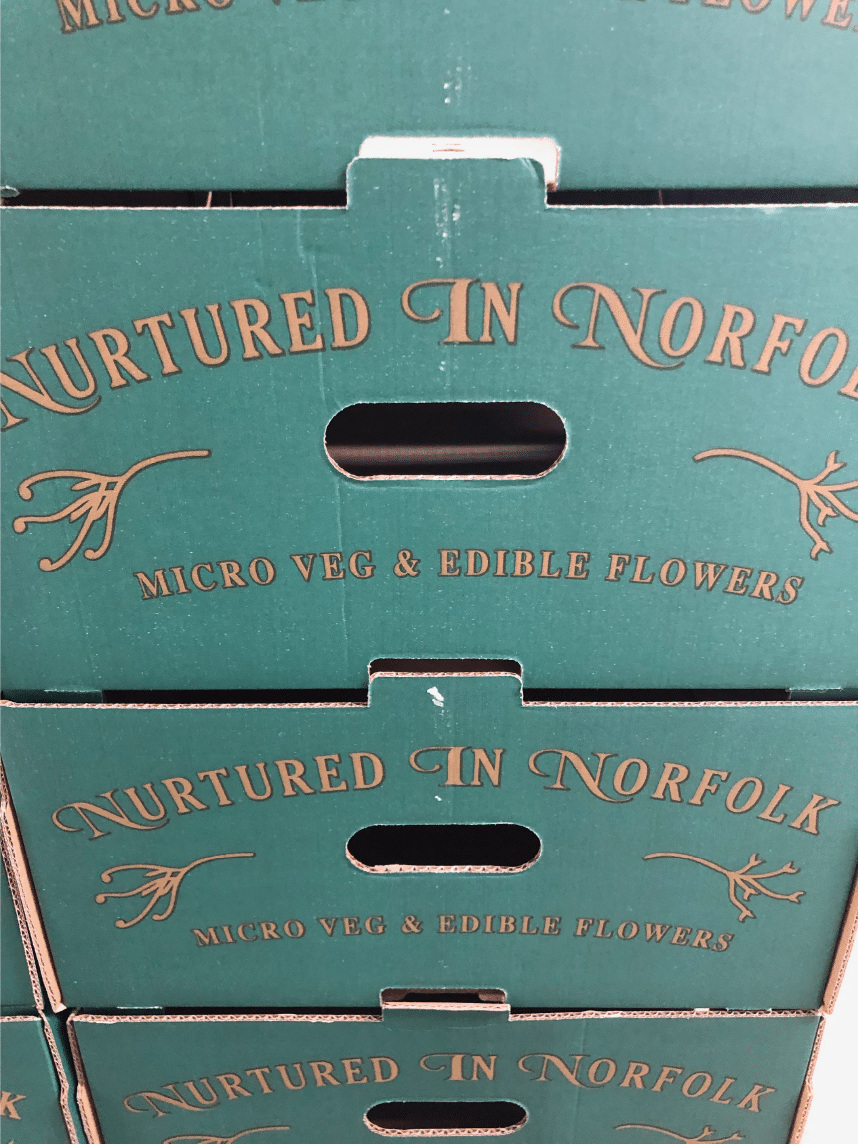
Nurtured In Norfolk
Allan and Sue Miller both worked full time as chefs for 20 years before becoming growers of Micro Cress. Their transition from one profession to another was brought about by the need for a more consistent product. They decided to grow cress themselves in a small greenhouse in their back garden and began supplying the restaurant they worked in.
Their experience has helped them tremendously in understanding the requirements of chefs. Having successfully grown Micro Cress for use in the restaurant, with very positive feedback, they were asked by a wholesaler if they were able to grow in a larger volume. Allan and Sue decided to invest their time and money into their business, which is when ‘Nurtured in Norfolk’ really began. Allan and Sue chose micro herbs that where strong in flavour and still looked appealing on the plate with varieties that are most popular because of their robust flavour like coriander, lemon balm, baby mint, ruby frills mustard, fennel, garlic chives, red vein sorrel and basil are still by far the most popular to date.
The range of micro cress has now been extended to over 70 different types. All together there are over 280 different edibles in the range. Now 10 years on in a 4-acre nursery the business has gone from strength to strength, with the help and support of numerous wholesalers.
A work force of 60 plus fulltime committed staff now produce a niche range to keep up with the ever-growing demand for new, unique and innovative products. Constantly growing and developing as a company ‘Nurtured in Norfolk’ now supply a range of wholesalers and Michelin star restaurants with a top-quality selection of cut Micro Cress, Pea Shoots, Edible Flowers, Baby, Micro and Sea Vegetables and Edible Leaves in various flavours. As you will see from a few pictures there is a huge amount of produce, all of a very high quality.
The glasshouses as well are huge that are heated in the winter, so they can carry on growing through the winter and as they enter the summer they will then need a little cooler air. As ex chefs, Allan and Sue’s simple ethos is that the quality and consistency of the product has to be of an exacting standard that they would have expected and been happy to use themselves.
All the products have been grown on a natural soil base that is of a high quality benefiting from nutrients that are present throughout the growing stages and therefore extending the shelf life. Biological controls are used throughout the growing process to keep the crops clean and pest free and so making sure that all the crops have the most flavour and being micro they certainly do pack a punch.
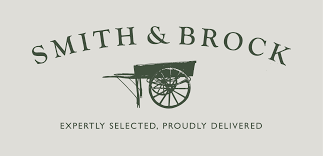
Smith & Brock
Smith & Brock was founded in 2016 by brothers Joe and Nick. Having worked in the industry from a young age, they grew frustrated with the corporate way of looking after customers and procuring produce, leading them to start Smith & Brock with a simple purpose and philosophy: to have the best people supplying the best product with the best service at the right price to customers who value these attributes in a supplier.
They have searched far and wide to ensure they work with the best; from the Marché International de Rungis, growers from the coast of Italy, the mountains of Spain, to the Kent countryside. They work with growers who produce the best quality products and have a passion for what they do.
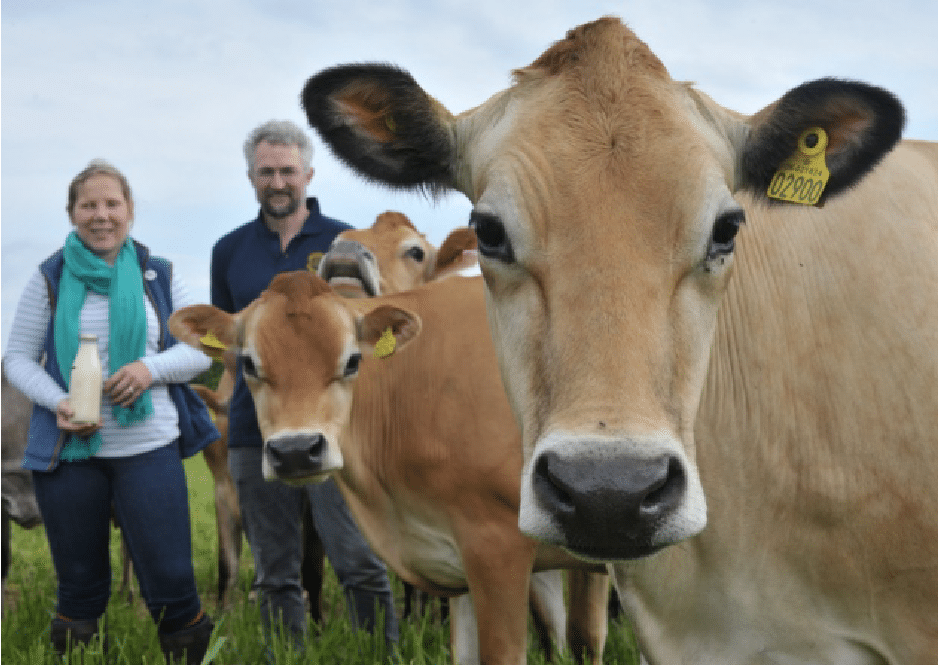
Old Hall Farm
Old hall farm is a beautiful farm in Suffolk near the town of Bungay. The Mayhew family have been farming in Woodton since the mid 1940’s, and started out with a small suckler cow herd, chickens for egg production, and pig rearing, as well as farming over 500 acres of arable land.
Whilst on a family holiday in 2016, Stuart and Rebecca Mayhew spent time on a friend’s dairy unit in Scotland and fell in love with the idea of having their own herd of Jersey cattle. Their first cow, Freya arrived in November 2016 and they haven’t looked back since.
The cows milk once a day, in the morning, and this means that the calves has ample opportunity to get the milk it needs from its mother throughout the rest of the day. The benefits of keeping cows and calves together are vast, but essentially, it’s best for the calf and its mother, and it allows for a more symbiotic relationship between cow and human. I can vouch for that as I have never seen such friendly cows as these beautiful Hersey cows, they all have their own names, which they of course all answer to and will come and give you a friendly nudge to show they heard you.
Whilst me and the team were visiting the farm, we were lucky enough to see some baby calves which were only a few hours old, I don’t think that I have witnessed anything cuter than these calves. Stuart and Rebecca produce amazing raw milk products from cream to butter to milkshakes. This is where we use their wonderful thick cream and milk for one of our course just down the road on the tasting menu, as from my family home of where I used to live in Cringleford which is just outside Norwich in Norfolk, its only 20 minutes away, hence the name.
We also make our own cultured butter from their cream which we make each morning for the restaurant to serve alongside our homemade sour dough bread.
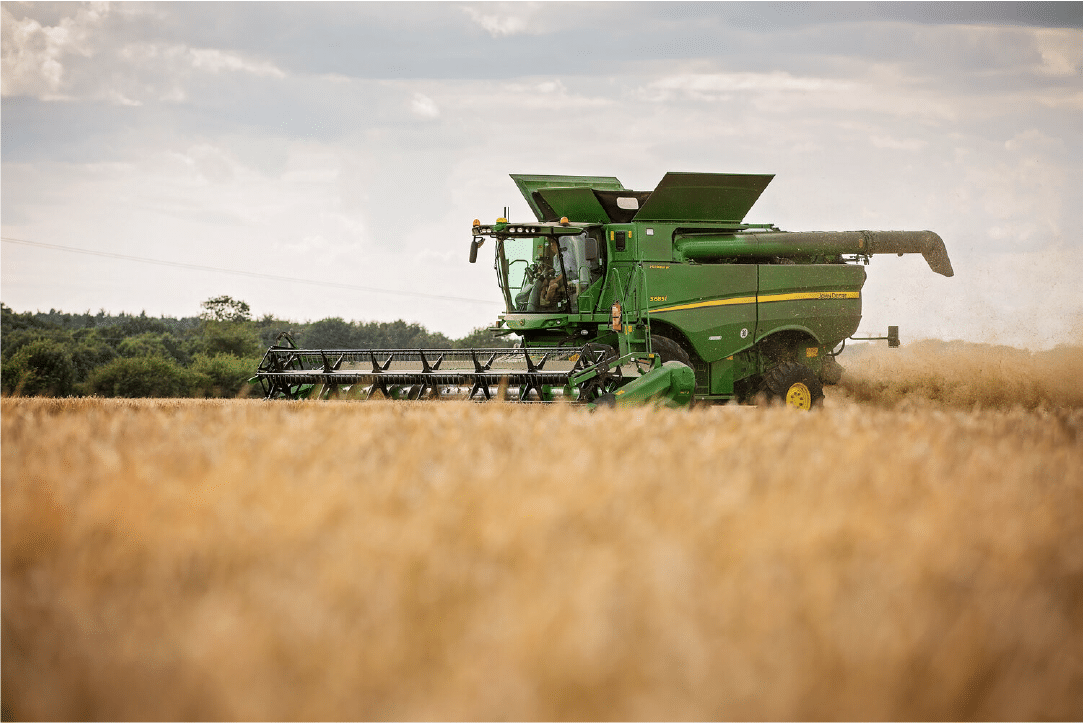
Barsham Brewery
The West Barsham Estate in North Norfolk is home to the Barsham Brewery. Susanna Soames’s family have owned and farmed the land here for generations. In an area renowned for its top-quality agricultural soil, North Norfolk’s sea air and unique micro-climate, they are able to poduce some of the best malting barley in the world.
This brewery is only 20 minutes away from Blakeney on the North Norfolk coast, which was a little seaside village we would always go to as kids, it’s a beautiful part of the Norfolk coastline. The small team of 3 spend almost a year nurturing and growing a wide range of crops, from sugar beet to oil seed rape, wheat, vining peas and barley. When the summer arrives their team embark upon the annual tradition of harvesting.
Come rain or shine, darkness or light, using a combination of traditional and modern techniques, the job gets done in time for the arrival of Autumn. The Maris Otter Barley is malted down the road at Crisp Maltings and returned to the state of the art brewery situated within one of the Estate’s ancient farm buildings. The malt is blended with beautifully pure water from their own bore hole and hop varieties from around the world to craft a collection of very local beers – “Norfolk born and brewed.”
Their home and heritage run through each and every part of their business. Their signature blue and brown bottles are inspired by Susanna’s Great Grandfather’s racing colours from his days as a successful racehorse owner in the 1930’s, and their beers are now named after significant places and personalities (human and animal!) that have marked life on the West Barsham estate for over 100 years.
We use their stout beer Robin Stout in Muse’s sour dough to give it a final twist of flavour along with the four types of flour and treacle.

Pump Street Chocolate Suffolk
It’s always a joy to have a special relationship and history with an location. Orford is a beautiful sea side village that I have been visiting since I was a small boy and also where my Grandparents used to live.
Pump street was founded in November 2010 by father and daughter team Chris & Joanna Brennan. It is the result of Chris’s years developing his skills as a self taught baker and chocolate maker, and Joanna’s enthusiasm for all things gourmand. The bakery shop is located in a 15th Century building in Orford’s Market square which they renovated after it was unoccupied for 20 years.
All their chocolate is sourced from a single origin and single farm. We would not be able to make chocolate without the knowledge and dedication of the farmers that grow, harvest and process the cacao. Through sustained direct trade they have built relationships with farmers and cooperatives around the world. Some of the farms they use are Hacienda Victoria Los Rios Province Ecuador, Bachelor’s Hall Estate Saint Thomas, Jamaica, Akenssons Organic Estate Ambanja Madagascar.
They produce craft chocolate which is the making of chocolate on a small scale, It connotes a process that involves a lot of skill on the part of the maker, made by hand or small batches. Another term that is used almost interchangeably is “bean to bar” and this is a Single-origin chocolate, which refers to chocolate that’s made from cacao beans grown in one specific geographical region, often a single country or a particular area within a country.
The unique climate, soil, and cultivation methods of each region can lend distinct flavours to the beans, similar to how wine grapes take on the characteristics of their terroir.
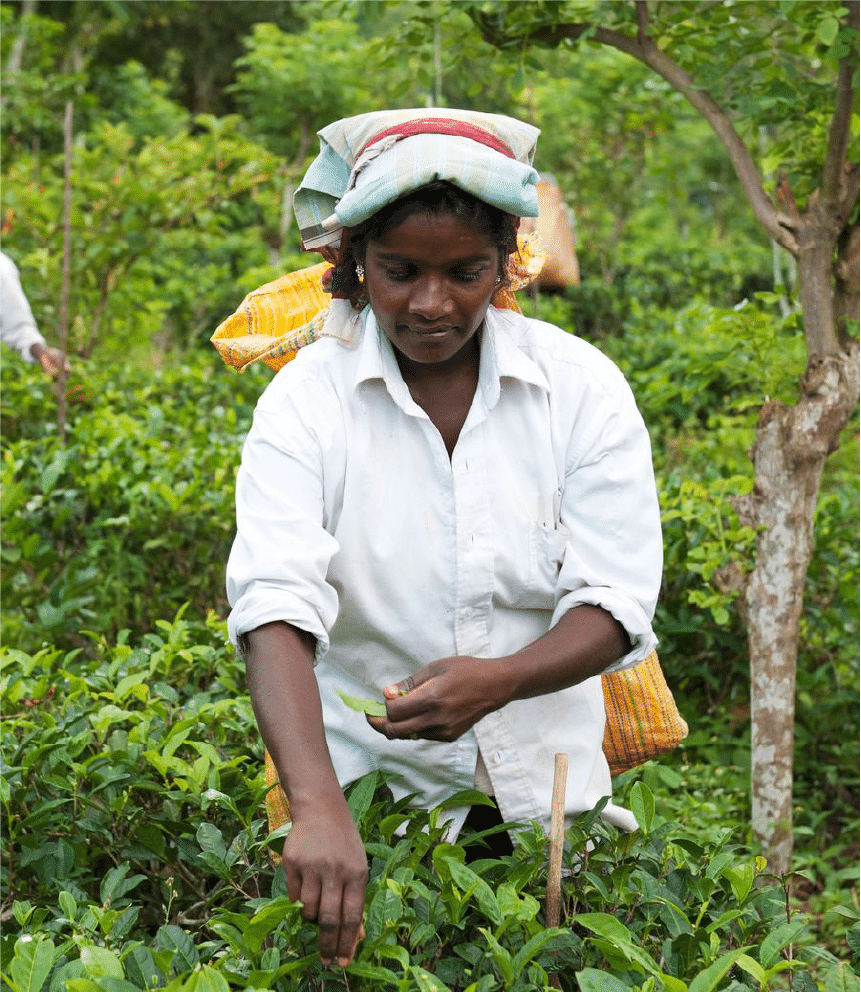
Rare Tea Company
The Rare Tea Company was founded in 2004, by Henrietta Lovell (known as the Tea Lady), to source and supply the world’s best tea – direct from farmers and their tea gardens. The aim is to benefit both the people who craft the tea and their customers who drink it.
It is their goal to help tea gardens flourish like vineyards, and for customers to appreciate tea like fine wine. Good tea may cost a little more but the difference is worth every penny.
All of their tea is crafted by skilled men and women on independent farms for the best flavour, not the cheapest price. They travel the world to seek out the best teas. Unique terroirs, direct trade and sustainability make up the three cornerstones of their business; their ambition is to redefine what good tea means and must meet three criteria:
- It has to taste good. Well, better than good. It has to taste amazing.
- It has to be good for you. No pesticides, herbicides, additives, flavourings, or bags with bleaches, glues and microplastics.
- It has to be good for the people who make it. They pay the best prices for the best tea so that the communities we work with might thrive.
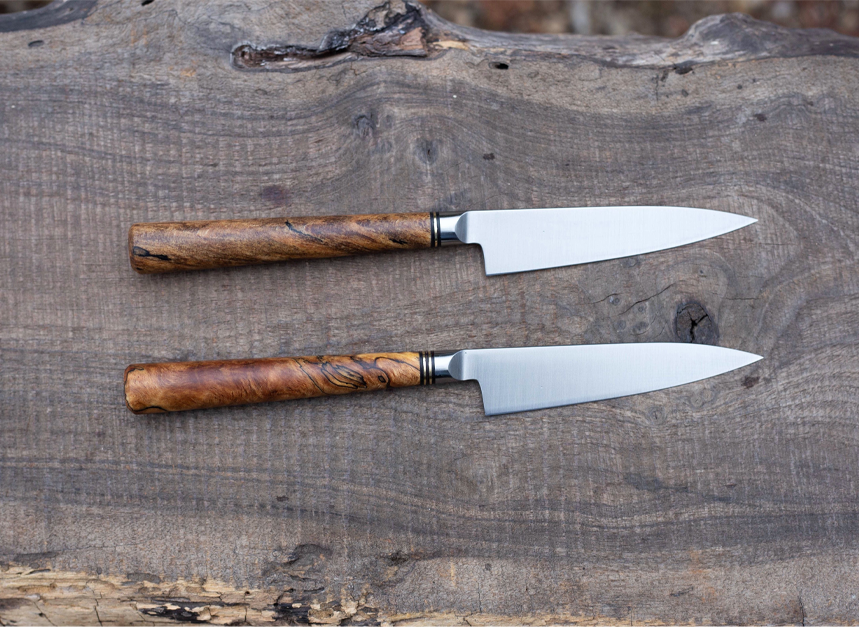
Bloodroot Blades
Bloodroot Blades are made by two amazing talents in the knife industry.
Luke Snyder began making knives and wooden objects with his father at a very young age. His father worked at a historical farm, where he was the blacksmith and woodworker in residence. Luke has always had kindred spirits in his parents and for most of his life had access to a coal forge and blacksmith shop that he made good use of. It was only when then-acquaintance, David Van Wyk, requested a chef’s knife that Luke discovered his passion for custom kitchen tools.
David Van Vyk comes from a family of woodworkers and farmers. Always interested in working with his hands, he pursued his hobbies on the side while teaching high school English to occasionally interested adolescents for fifteen or so years. After he became engaged, and around the same time, met Luke Snyder, David requested a set of hunting knives for his groomsmen’s gifts. Because he comes from a family of craftspeople, David wanted to learn how these knives were made, and Luke agreed to teach him – the beginning of a very interesting journey for everyone.
They believe in recycling and repurposing all materials and you will notice that instead of incorporating the rare in our knives, they specialize in identifying interest in the everyday or ignored. At thier volume, using recycled steel is not cheaper than buying new steel; however, these materials allow them to impart interest and story into each blade. Recycled steel also increases the uniqueness of each piece and forces them to be innovative and flexible with a limited supply of each material.
They design and build knives for everyday use, with as many recycled, personal, handmade, and local materials as possible without sacrificing functionality and durability. They manage a shop, resources, and waste in a way that acknowledges that relationships with their neighbours are as vital as the relationship with the land. All their friends care about the sources and quality of their food, and they offer the opportunity to extend that care to the provenance of their tools.
The handles come from a Spalted Copper Beech from a fallen tree in Connecticut. The tree was huge and was a victim of hurricane Sandy in 2012. The bronze spacers are made from cymbals from Athens, GA – the home of bands like R.E.M. and the b-52’s.
The steel is from the coil springs from a 1955 Chevy, an iconic American car.
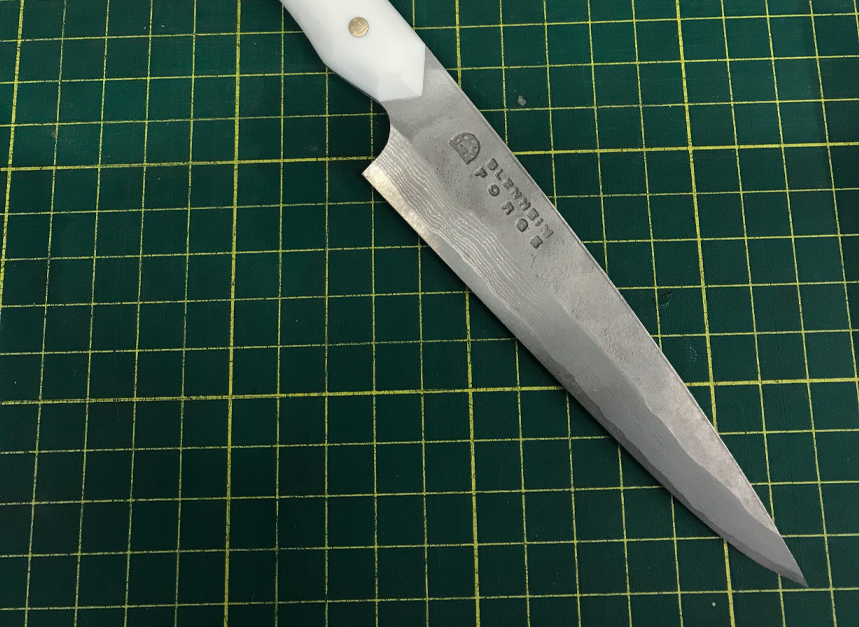
Blenheim Forge
Originating and based in Peckham, South London; Blenheim Forge is the steel workshop of bladesmiths Jon Warshawsky, James Ross-Harris and Richard Warner, in which they create hand-forged quality kitchen knives.
Self-taught; knife making began as a hobby that James Ross-Harris and Jon Warshawsky cultivated in their back garden on a hand-made forge, fuelled by a blend of charcoal.
Over the years they have perfected their craft, focusing on fine-tuning the process of hand-forging in order to create knives of the highest character and performance. Blenheim Forge Shortly after setting up, Blenheim Forge expanded to include machine-making extraordinaire Richard Warner, and moved into Arch 229, Blenheim Grove; a railway arch with a long history of metalwork artistry, now they make beautiful chefs knives as well as our restaurant knives.
Our Knives are a Multi layer Vg 10 core blade with a bone colour corian handle.
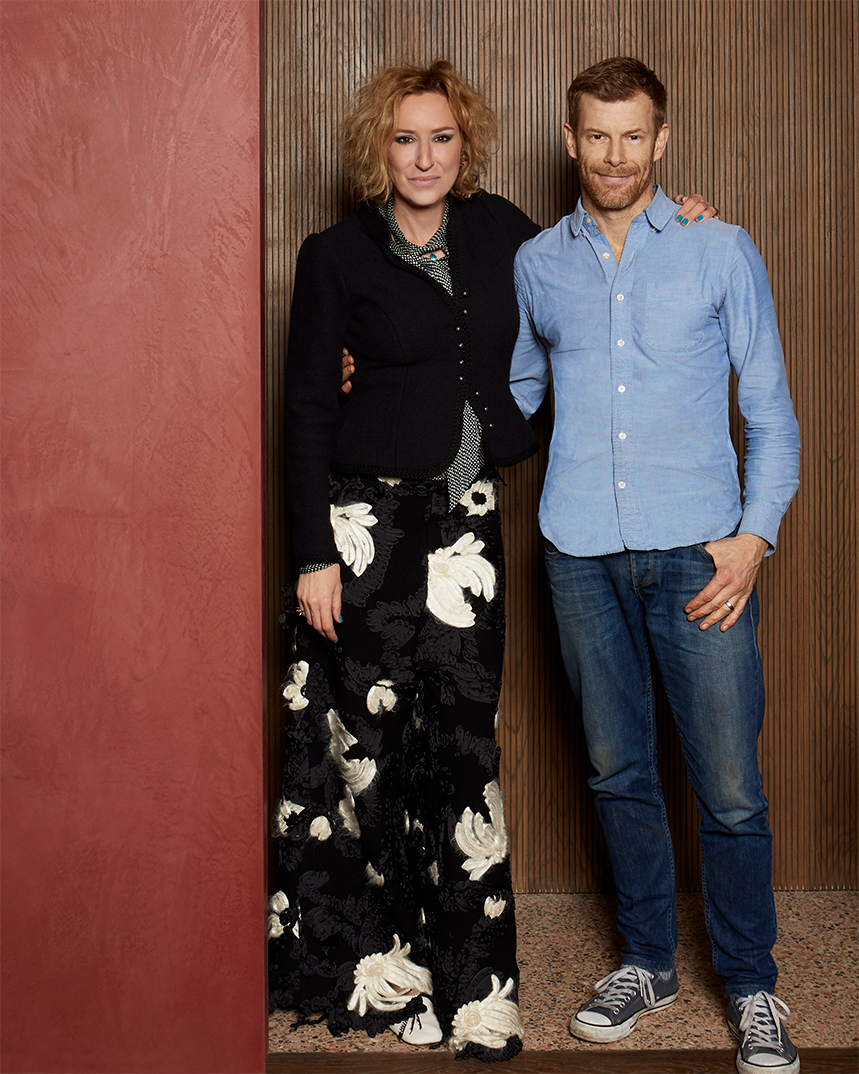
Körner Interiors
Rebecca Korner on designing Muse by Tom Aikens:
“Designing Muse by Tom Aikens is a dream come true. It has been an adventure into the dynamic, ever evolving worlds of luxury and gastronomy and a journey to create a restaurant which reflects Tom’s unique perspective on food.
My desire was to design an environment which marries the classical aspects of Tom’s haute cuisine with his renowned avant-garde creativity. All elements I created for Muse encapsulate this diversity. The bijou, freshly renovated Georgian mews house benefits from dual aspects while retaining much of the original facade.
The ground floor interiors are inspired by Tom. Autumnal hued walls meet warm timber floors and spice coloured wooden panelling evoke a decadent richness. I paired these materials with an eclectic mix of furniture and lighting inspired and evolving from the 1950s through to contemporary pieces fashioned from resin. The bold, extra-terrestrial looking fuchsia and turquoise entrance console sits opposite a Sarfatti inspired wall sconce while the lounge area boasts exquisitely, sumptuous bouclé upholstered furniture in silver, wine and aqua tones.
These hand loomed, heritage fabrics originating in the 1940s are reminiscent of the golden era of British craftsmanship. Tom commissioned the Iso Grifo blue, shell shaped, drinks cabinet, with welcoming cocktails in mind. A few steps away guests can savour the tasting menu at the luxurious Rosso Levanto marble open theatre kitchen. In contrast to the ground floor, the first floor moves towards a fresher interior palette. The limed effect chalk coloured wall panels and timber floors of the dining room are elegantly subdued. Bouclé fabrics of the wrap around sofa and armchairs in verdant tones establish a calming backdrop to Tom’s menu conceived at the wildly extravagant Verde Luana marble theatre kitchen counter. Fabulously modern Stilnovo inspired lighting forms a tranquil ambience. Complimenting one another, the food and the interior of Muse work hand in hand to create a magical dining experience.”
